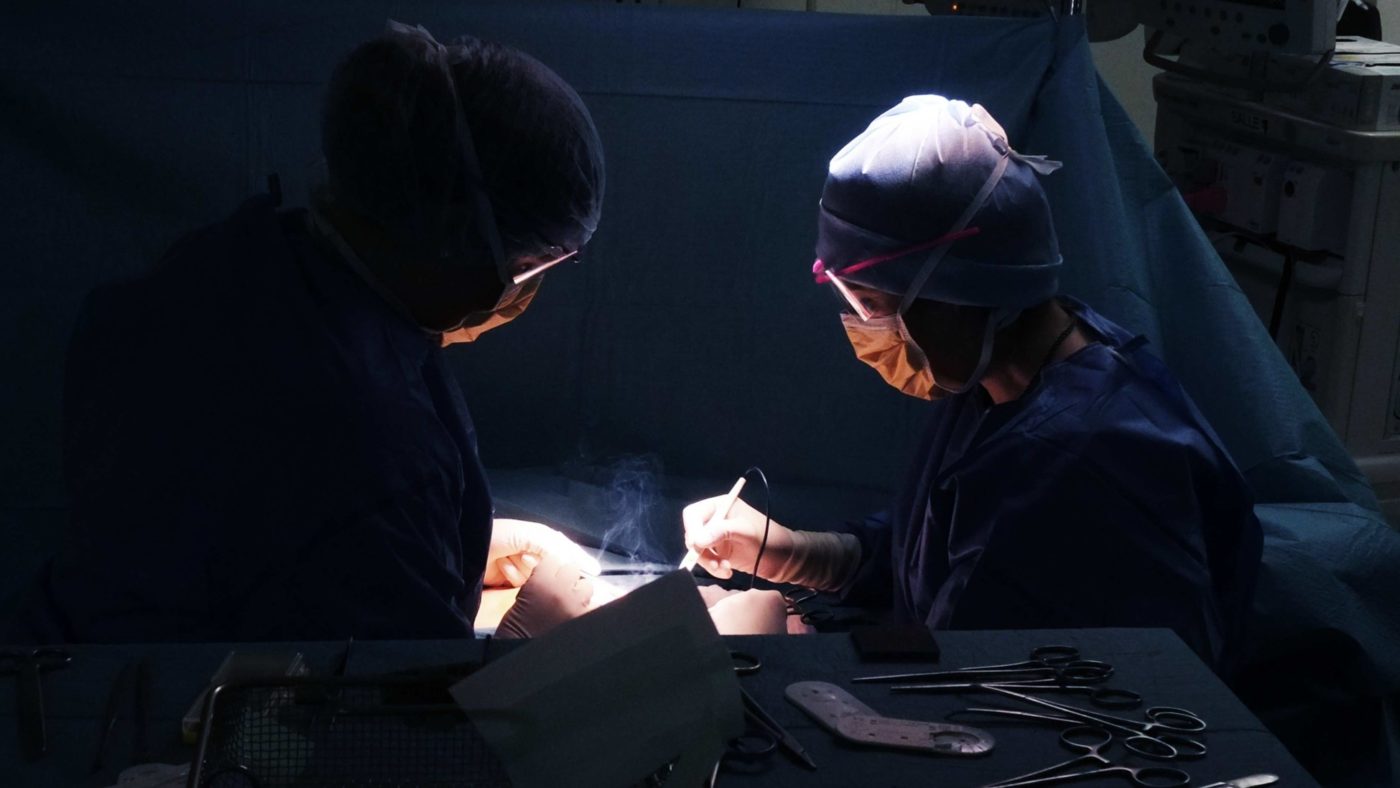Sixty five billion pounds. That is how much the NHS currently has set aside for medical malpractice payouts. It is now the third biggest governmental liability after pensions and nuclear decommissioning. Bigger than the Brexit bill. Big enough, in fact, to pay for our likely Brexit liabilities, give that extra £350 million a week to the NHS and still have some to spare.
Why is the figure so large? Partly because the UK is an increasingly litigious place. Nearly three times more litigious, in fact, as the United States. Diederich Healthcare estimates that over $3.9 billion was spent in payouts in 2016, roughly £9 per citizen. The equivalent figure for England is £24 – which includes only central NHS services, not mistakes made by doctors working privately, or GPs.
Not only is this figure large, but it’s getting larger: medical claims inflation is already running at around 10 per cent a year. And the situation is about to get far worse.
Earlier this year, the Ministry of Justice announced a massive drop in the Ogden rates. This is the ratio applied to estimate what a compensation claim today will be worth in the future – and due to ultra-low interest rates, and other factors, it has been lowered from 2.5 per cent to minus 0.75 per cent.
What this means is that a 26-year-old who was paralysed due to a mistake during a spinal surgery would previously have received £9.2 million, to cover them for losses across the rest of their life. Now they will get as much as £17.45 million. Already, the Chancellor has had to write an emergency cheque for £6 billion.
The cost of this isn’t just felt by the NHS. It’s paid by all of us.
GPs, for example, are actually private contractors rather than NHS employees. So they have to cover any negligence claims made against them. That, in turn, means that they need indemnity insurance – which now costs the average GP more than £8,000 a year.
For GPs that work out of hours, the costs are even higher, because the risks are greater – they may be seeing patients who are sicker, that they do not know and without access to their full notes. This burden is one of the reasons why many GPs are reluctant to provide out-of-hours care – and why many GPs are retiring early, putting a further squeeze on resources, not least A&E departments.
The argument from the lawyers is that medico-legal claims are a key mechanism for quality improvement: it is the fear of being sued that pushes the NHS to make fewer mistakes. Even some in government have accepted the argument that if doctors stop making mistakes, the problem of medical negligence bills will go away.
But that doesn’t square with the facts. Over recent years, the number of patients treated has risen, as has the complexity of their conditions – yet error rates have dropped. But despite this, the medico-legal bill continues to soar.
Research has shown that the overlap between medical errors and medico-legal claims is surprisingly small. And the money allocated for payouts dwarfs that allocated for analysing and learning from errors.
We all want the highest quality care with robust quality control mechanisms. Yet the current process not only fails to achieve this, but drains resources which could be put to much better use.
In recent years, government has streamlined the process and capped fees. This has helped – but only a little.
Proper reform will require something more fundamental: the repeal of an obscure piece of legislation dating back 70 years.
The modern medical compensation industry is built on Section 2(4) of the 1948 Law Reform (Personal Injuries) Act 1948. This essentially says that a compensation award must be based on the cost of treatment in the private sector – although the patient is entirely at liberty to use the NHS for treatment and bank the money.
This provision was introduced to overcome opposition from doctors, who feared a loss of their private income, to the 1946 National Health Service Act. But it also reflected the fact that the NHS of the 1940s was a much more basic service, which couldn’t provide the rehabilitation therapy and long-term support that someone who had been the victim of a horrifically botched surgery might require. Yet today, the level of rehabilitation and NHS care now available is incomparably better.
The basic principle of medical compensation is not to punish doctors for their misdeeds. It is to restore the victim to the position they were in beforehand. The private care calculation instead puts the victim in a better position, as the courts award is for private rather than NHS care.
It is also regressive. Because there is no cap on compensation for lost earnings – unlike in Australia, where it is capped at three times their salary – high earners end up with vastly greater payoffs than low earners with exactly the same condition. And a third person who ends up with the same medical problems as a result of an accident, rather than a medical blunder, will get no compensation at all.
Rather like with housing, a series of governments have kicked the issue of medical malpractice into the long grass. Repealing S2(4) of the 1948 Act, as well as the other measures I outline in my new CPS report, would release billions to improve NHS and local authority services for everyone. And it could all be done with no added suffering to the patients – just their lawyers.
The medico-legal crisis crisis… and how to solve it is published by the CPs today


